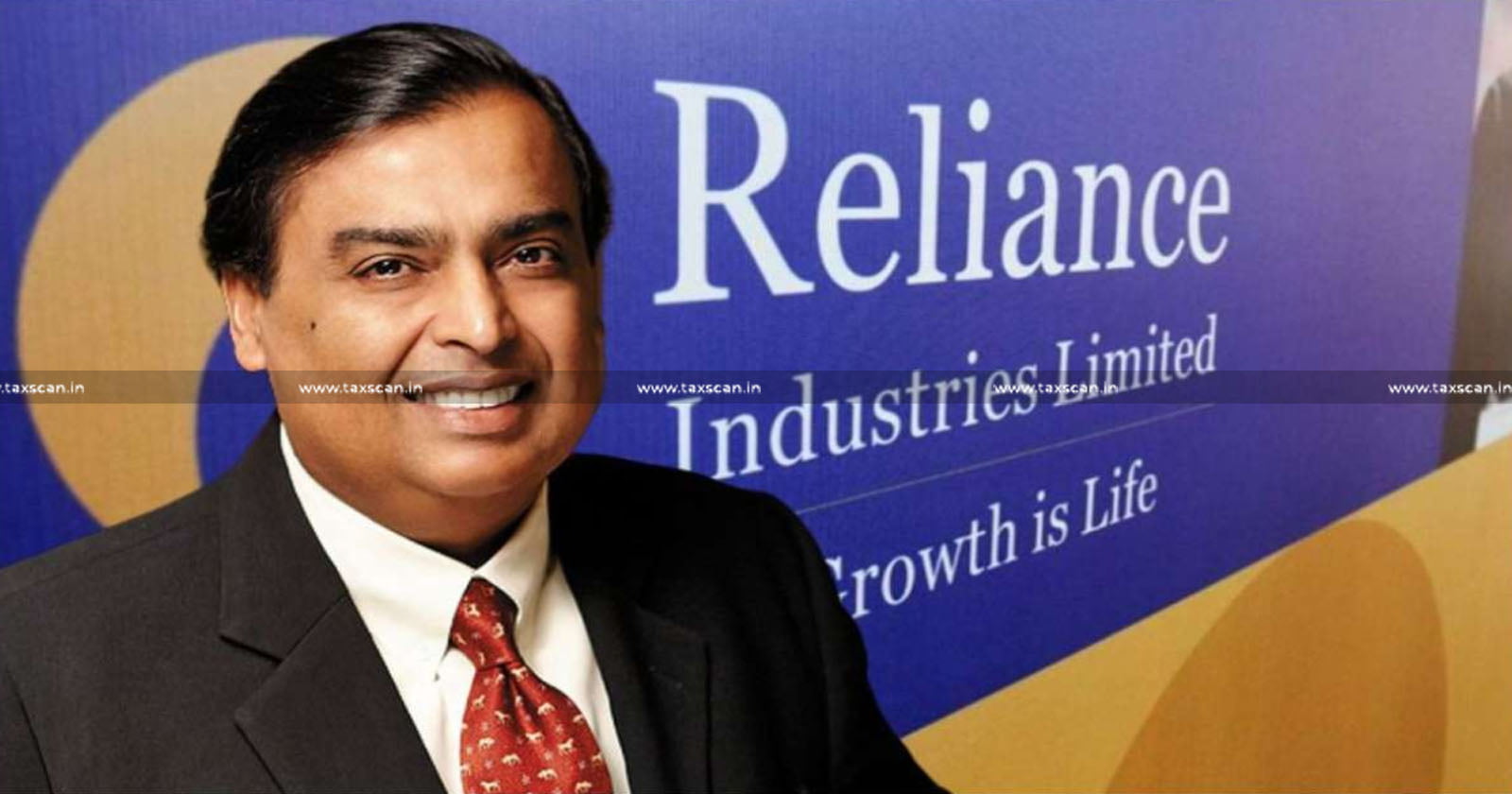Relief to Reliance Industries: Delhi HC holds 2.3 Billion USD Arbitral Award Claim against RIL 'Unenforceable' [Read Order]

Reliance Industries – Delhi HC – USD Arbitral Award Claim against RIL – Unenforceable – TAXSCAN
Reliance Industries – Delhi HC – USD Arbitral Award Claim against RIL – Unenforceable – TAXSCAN
The Delhi High Court has recently held, in favour of the Reliance Industries Limited, that the 2.3 Million US Dollar arbitral award claim against Reliance raised in an execution petition by the Central Government was ‘unenforceable’.
The Delhi High Court has dismissed the government's petition seeking enforcement of a 2016 final partial award (FPA) of an arbitral tribunal, holding the same to be premature and not maintainable. The arbitral award was held to be unenforceable, even on merits.
The arguments spanned, essentially, both the aspects urged by the petitioner in its response to EA (OS) 1012/2020, i.e., that the plea of maintainability could not be decided independently and that, even on merits, the 2016 FPA was unenforceable in the matter sought by the petitioner.
Jain, the ASG, further contended that, as the law did not permit a two-stage hearing of the Execution capitation, and no objections relatable to any of the clauses in Section 48(2) of the Arbitration and Conciliation Act, 1996 had been urged by the respondents, the petitioner was entitled, ipso facto, to execution of the 2016 FPA in the matter sought in the Execution Petition, he submitted.
The bench noted that, In the present case, the respondents have, in the execution application, indeed raised specific issues regarding the maintainability of the execution petition and enforceability of the 2016 FPA. These two issues were, in fact, observed to be interlinked, and any attempt at unraveling the skeins of one from the other is bound to be an abortive exercise.
However, it was observed that, superficially, an execution petition could be maintained for enforcement of any award, whether it is executable or not, the award can be regarded as enforceable only if it is actually executable.
It was thus clarified by the SIngle Bench Justice C Hari Shankar that, of Actual executability would require, as its sine qua non, determination, by the learned AT, of all the issues on the basis of which the liability of the parties towards each other can be fixed.
Without such determination, the award remains inchoate – as in the present case , which was resultantly held to be ex facie unenforceable.
The following reasons were cited by the bench, while holding the arbitration award as not executable: –
“(i) The 2016 FPA does not award any amount to the Petitioner.
(ii) The 2016 FPA cannot be likened to an award which sets out the manner in which the liability is to be computed, and leaves the parties to do the math. The manner of computation of liability, in the Execution Petition, goes far beyond a mere academic exercise, and transgresses the boundaries of the 2016 FPA.
(iii) The CRL is one of the most essential elements which go towards determining the CP entitlement of the respondents, or the shares of the petitioner and respondents in the PP. So long as the applicable CP had not been finally determined by the learned AT, the liability of the respondents towards the petitioner, if at all, remained inchoate and unknown.
An execution petition, under Section 48 of the 1996 Act, could not lie for execution of a partial award which decided only some of the issues, while deferring the decision regarding the remaining issues, which too were essential to ascertain the liability of the parties, for later. Any attempt at execution had necessarily, in such a situation, to await such latter determination.
(iv) Enforcement and execution of the 2016 FPA is being sought contrary to the orders passed by the learned AT itself, which clearly hold that the findings in the 2016 FPA can be implemented only after the CRL increase application of the respondents, as well as all other issues, are finally decided and a final quantum award is passed.
(v) The petitioner seeks, therefore, by the Execution Petition, to pre-empt this exercise, and effectively usurp the jurisdiction which the learned AT has consciously vested in itself.
(vi) The petitioner seeks enforcement of the 2016 FPA by viewing the FPA in isolation, and ignoring the subsequent 2018 and 2021 FPAs, even after it has failed in its challenge, before the UK High Court, against the 2018 FPA. This is impermissible, as the arbitral proceedings are integrated, and one FPA cannot be sought to be enforced in isolation de hors the findings contained in other FPAs.
(vii) This legal position stood recognized by the petitioner itself. The Execution Petition was, therefore, contrary to the legal position which the petitioner itself acknowledged as being applicable.”
To Read the full text of the Order CLICK HERE
Support our journalism by subscribing to Taxscan premium. Follow us on Telegram for quick updates


